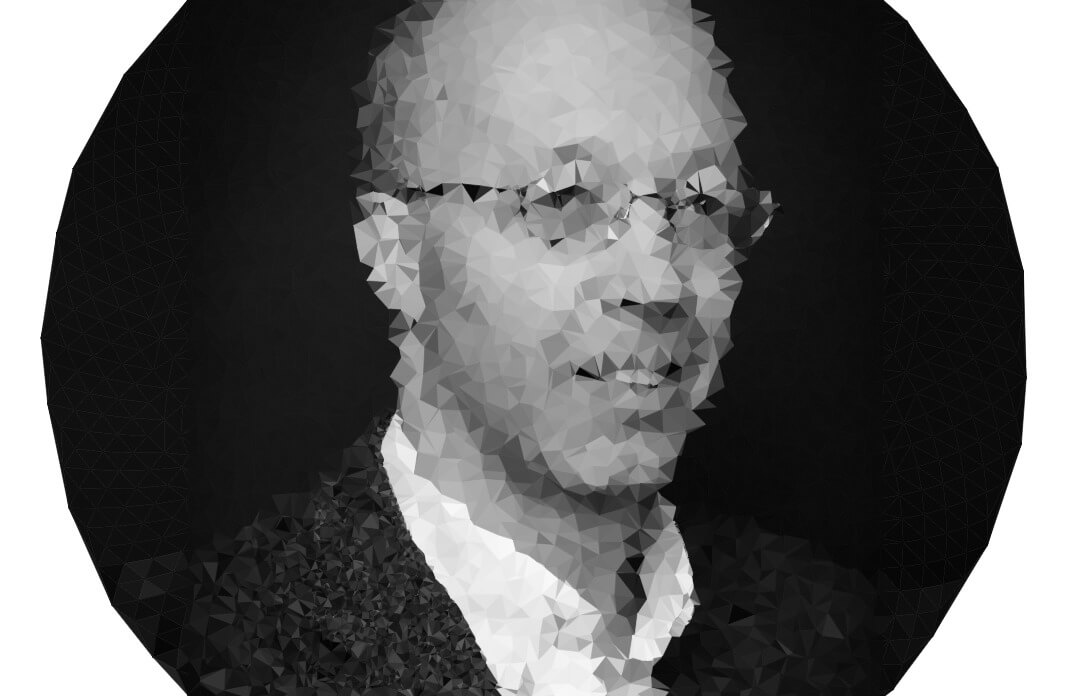How do we know what we know, and how do we know we know what we know? Start with observations and then pose puzzles to then explore in different directions.

Triangulated me, courtesy of Polyshaper
A few weeks ago I wrote “How do we know what we know ?” and said I’d let this sit with me and marinate my thoughts a little around Epistemology , or “the study of the nature and scope of knowledge and justified belief”.
Rationality is not everything
In that last post, I wrote :
Rationality is clearly vital, as is critical thinking and scientific analysis in many ways.
My career leapt out of formal learning into business and remained there (albeit with a highly curious mind that voraciously seeks knowledge in many forms). I did spend the first 15 or so years of that leanly largely on rationality, logic, data, numbers, proof. As a Chartered Accountant by qualification, that was to be expected.
However, as my career progressed, I began to recognise that rationality is certainly insufficient both as a tool for making decisions and also to explain why decisions are made. In short, humans aren’t wholly rational ! I then gradually shifted focus towards human behaviour and what drives that in business and life, so trained and worked for many years as a coach.
In short, my experience has me “knowing” that there are different ways to “know”, to learn, to make decisions, to communicate, to lead. A major ongoing theme on this site is around leadership, and it is underpinned by such themes.
I’ve delved more into “ways of knowing” and am evolving my thoughts, of which the ideas of rational and energetic/emotional “knowing” is one part.
Paradigms as assumptions in science
Another is the idea of paradigms, as I’ve written about a number of times on this site already (search on the word “paradigm” on the site).
In science, perhaps the originator of the term “Paradigm Shift” was Thomas Kuhn. A terrific article on him here .
Some excerpts to extract some core points :
“to understand scientific development one must understand the intellectual frameworks within which scientists work”
In “normal science”, “a community of researchers who share a common intellectual framework – called a paradigm or a “disciplinary matrix” – engage in solving puzzles thrown up by discrepancies (anomalies) between what the paradigm predicts and what is revealed by observation or experiment”
“The trouble is that over longer periods unresolved anomalies accumulate and eventually get to the point where some scientists begin to question the paradigm itself”
“the crisis is resolved by a revolutionary change in world-view in which the now-deficient paradigm is replaced by a newer one. This is the paradigm shift of modern parlance”
I’m truly excited about the way the world is shifting at an accelerated rate. Paradigms are shifting, to the extent that I can write all day, every day about examples of “Smashing Paradigms” in small case studies or huge societal changes such as the way politics, capitalism, #DistributedTrust, #OpenLeadership and more will change the world !
Triangulation of measurements and observations to better understand
To define or not to define a position on how we know what we know ? Now this one could tie me up in knots for sure, but hey, let’s try with my own thoughts on how I “know” and my philosophy on knowledge.
In short, I’m a TRIANGULATOR.. yup, just made that up.
UPDATE to article December 9th. Yikes..thanks to the brilliant Bruce Peters of Beyond Teal for gently pointing out to me that: “Triangulation is a form of collusion where two people talk about a third party in a not necessarily positive way outside of the presence of the third person. In Judaism, this is referred to as a “Shandra” ala “Gossip” which is forbidden”. I certainly don’t believe in doing this, and as language is SO important, let me drop that term from my lexicon. Let me simply say then that I start with observations and then pose puzzles to myself to then explore in different directions. Thanks to my brilliant friend Carrie Bedingfield for helping me explore that one, as well as introducing me to the term Epistemology in the first place!
Let me start by stating that I’m a “post-positivist”. All scientific measurement is fallible as it exists within a paradigm (as Kuhn explains). We can, therefore, pursue multiple forms of measurement and observation, then look to triangulate them in order to gain a closer understanding of what is really happening.
This starts with an idea that flows to me from observation. I then will look to observe more in the same or closely (or even tangentially!) related field, then I may look for some research to back it up.
For me, though, I admit that I largely don’t look for backup or do research. What I do instead is look for others who have had similar ideas and look for their research.
One example is Adam Grant, the top-rated professor at Wharton and author of Give and Take. Do click through the link in that last sentence, I recently wrote about Adam, who is definitely an ideas guy AND he then does quantifiable research on his ideas.
Me? I look for people like Adam out there, then go off in search of new ideas and triangulate them, then I iterate the idea by taking it out to interesting people and developing ideas further.
On occasion, a few paradigms may get smashed, and sometimes some really big ideas can come about that can catalyse huge changes, such as Distributed Trust.
Now THAT is where the fun really starts !
